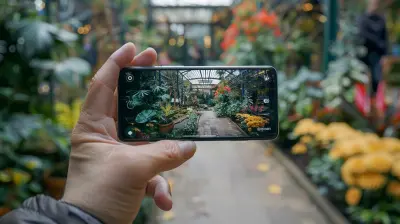The Role of AI in Sustainable Agriculture
29 September 2025
Sustainable agriculture is no longer a buzzword; it's a necessity. As our global population continues to grow, the demand for food skyrockets. But how can we meet this demand without further damaging our already fragile ecosystems? Enter Artificial Intelligence (AI). AI is shaping the future of agriculture, making it more efficient, sustainable, and resilient in the face of climate change. But what role does AI truly play in sustainable agriculture, and how is it transforming farming practices? Let’s dig in.
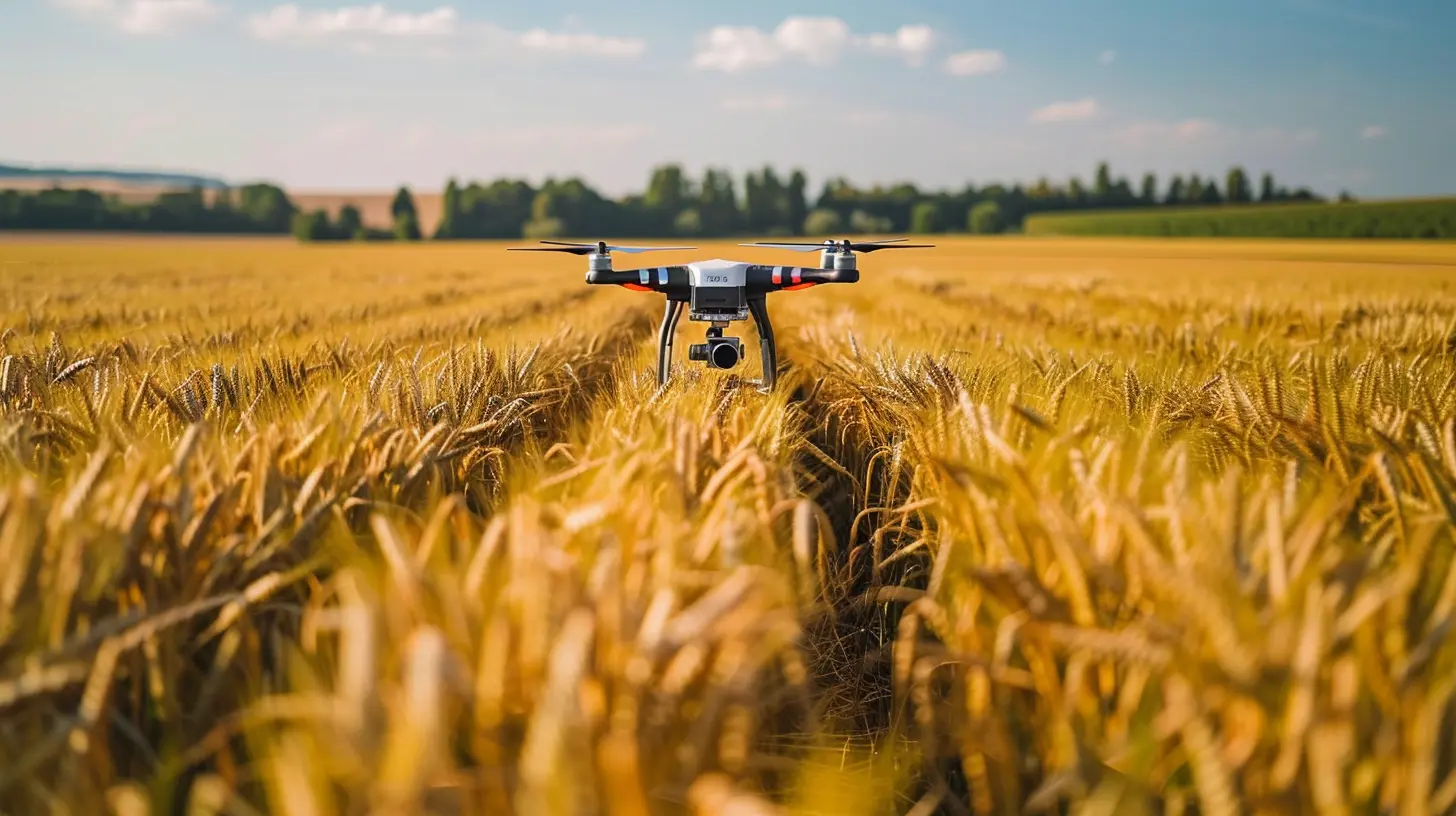
Why Does Agriculture Need AI?
First, let’s address the elephant in the room. Why does agriculture need AI in the first place? The reality is, farming has long been dependent on traditional methods that are labor-intensive and not always efficient. Farmers face numerous challenges, from unpredictable weather patterns, water scarcity, and soil degradation to pest infestations and market fluctuations. As if that's not enough, there's the added pressure of producing more food with fewer resources. It's like trying to cook a gourmet meal with just a microwave and two ingredients.This is where AI steps in. AI leverages massive amounts of data, machine learning algorithms, and automation tools to make farming smarter. It helps farmers make better decisions, optimize resources, reduce waste, and ultimately, produce more with less. AI in agriculture isn't about replacing farmers but empowering them with insights and tools they need to work more sustainably and efficiently.
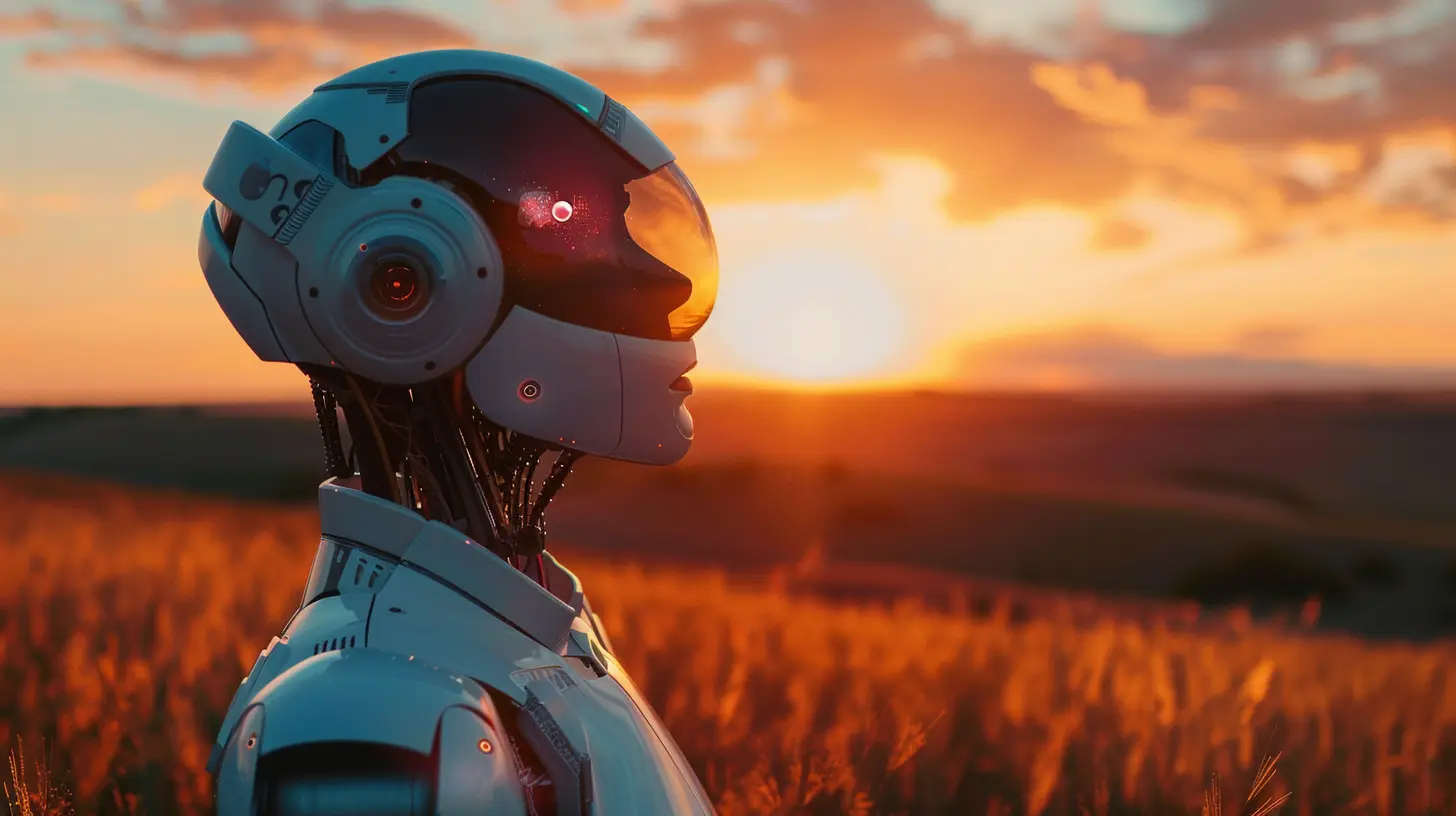
Precision Farming: Hitting the Bullseye
Have you ever tried cooking without knowing the exact amount of ingredients you need? You either end up with too much or too little. That's how traditional farming often works—farmers apply water, fertilizers, and pesticides across entire fields, even though only specific areas might need them. This blanket approach wastes resources and can harm the environment.Enter AI-powered precision farming. This technique uses AI to gather real-time data from sensors, satellites, and drones, which analyze soil conditions, weather patterns, and crop health. With this data, AI algorithms can recommend the exact amount of water, fertilizers, or pesticides a specific area of the field needs. It’s like having a personal assistant that knows exactly when, where, and how much to apply. Not only does this save resources, but it also reduces the environmental impact of farming.
The Impact of Drones and Sensors
Drones and sensors are like the eyes and ears of AI on the farm. These technologies collect data from the field, including soil moisture levels, plant health, and even pest infestations. For instance, drones can capture high-resolution images of crops, allowing AI to detect early signs of disease or stress before the human eye can.Meanwhile, ground-based sensors monitor soil conditions, providing continuous updates to farmers about soil moisture and nutrient levels. This allows for precise irrigation, reducing water use and preventing over-fertilization—both of which are key to sustainable farming.
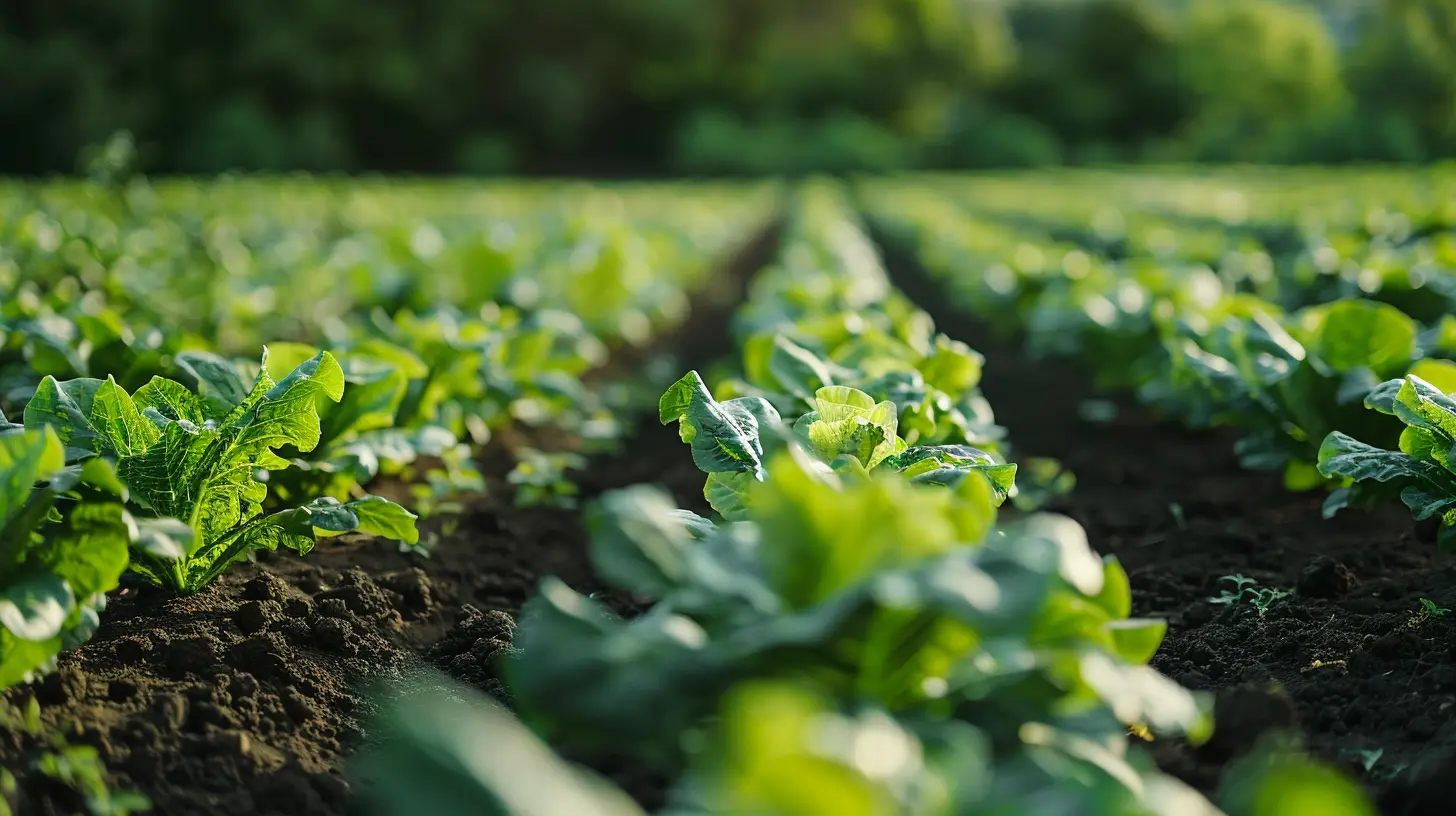
AI and Water Management: Every Drop Counts
Water is life, and nowhere is this more true than in agriculture, where water scarcity is becoming a critical issue. Did you know that agriculture accounts for about 70% of global freshwater use? With climate change causing irregular rainfall patterns and extended droughts, efficient water management is more important than ever.AI-powered irrigation systems are designed to minimize water waste. These systems collect data from weather forecasts, soil sensors, and plant health monitors to determine the precise amount of water each plant or crop needs. Some advanced systems can even predict future water needs based on historical data and upcoming weather conditions. Imagine that—an irrigation system that knows when it’s about to rain and adjusts accordingly!
This smart water management helps conserve water, reduces the risk of drought stress on crops, and supports sustainable farming practices. The result? Healthier crops and a healthier planet.
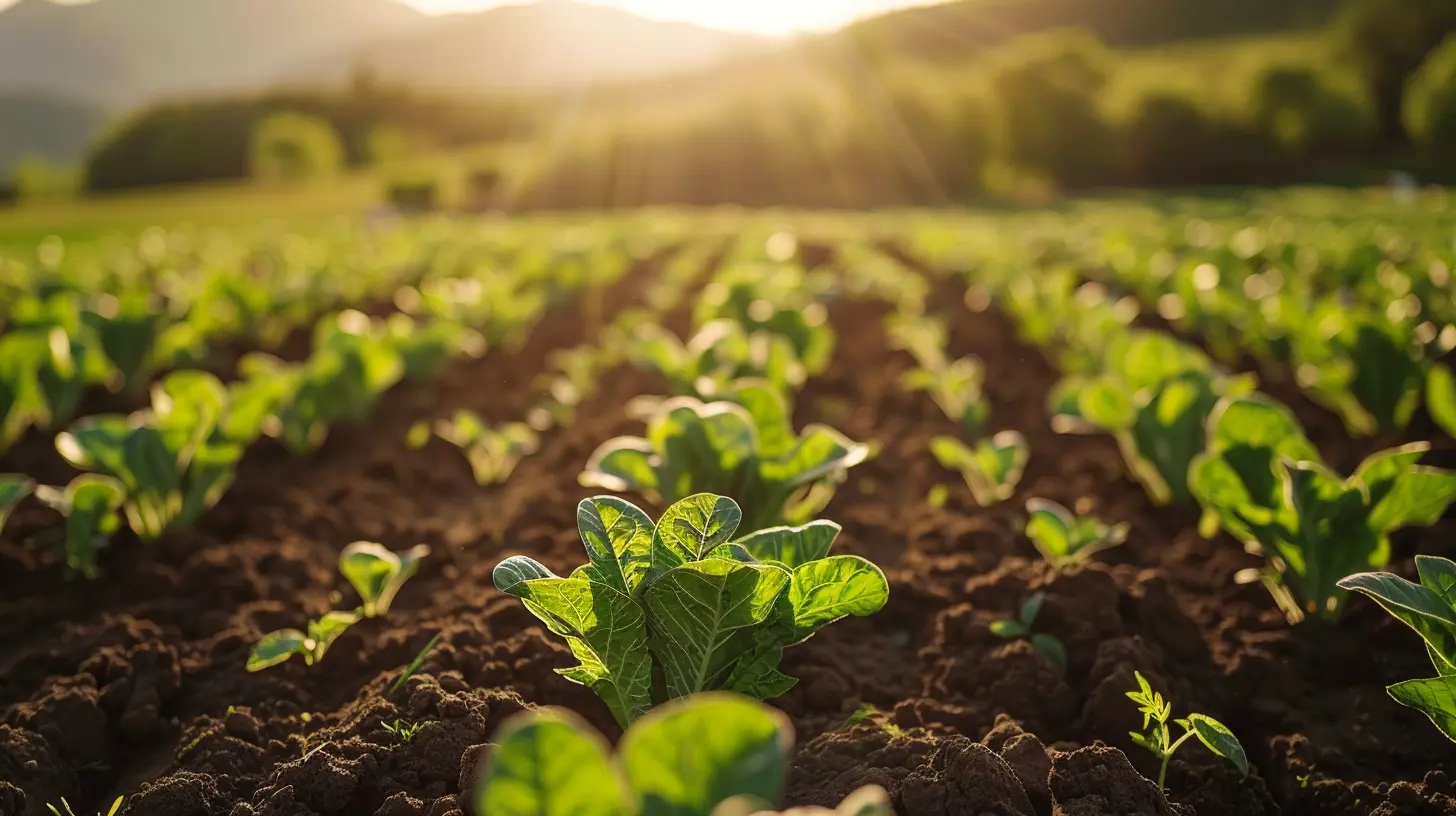
AI in Pest and Disease Control: Reducing Chemical Use
Pests and diseases are every farmer's worst nightmare. They can wipe out crops in the blink of an eye, leading to massive losses. Traditionally, farmers have relied heavily on chemical pesticides to keep pests at bay. But this approach has its downsides—pesticides can harm beneficial insects, pollute water sources, and degrade soil quality.AI is changing the game when it comes to pest and disease control. Machine learning algorithms can analyze data from drones, sensors, and even satellite images to detect signs of pest infestations or crop diseases early. AI can then recommend targeted interventions, such as applying pesticides only to affected areas, rather than spraying the entire field. This reduces the amount of chemicals used and minimizes the environmental impact.
In some cases, AI can even predict pest outbreaks by analyzing weather patterns, crop conditions, and historical data. Think of it like a weather forecast, but for pests. Farmers can then take preventative action before pests become a full-blown problem.
AI in Crop Variety and Yield Prediction
One of the most exciting applications of AI in agriculture is its ability to predict crop yields and optimize crop varieties. Knowing how much produce a farm will yield is crucial for planning, managing resources, and meeting market demand. Traditionally, yield predictions have been based on historical data and farmer intuition, but these methods are not always accurate.AI algorithms, on the other hand, can analyze a vast array of factors—soil health, weather patterns, seed quality, and even market conditions—to provide highly accurate yield predictions. This enables farmers to make informed decisions about planting, harvesting, and selling their crops.
Moreover, AI can help identify the best crop varieties for specific regions. By analyzing soil conditions, climate data, and historical performance, AI can recommend crop varieties that are more resilient, require fewer resources, and yield better results. This is crucial for sustainable agriculture, as it helps farmers grow more food with less environmental impact.
AI in Supply Chain Optimization: From Farm to Fork
Agriculture doesn’t stop at the farm. The journey from farm to table involves a complex supply chain that includes storage, transportation, processing, and distribution. Inefficiencies in the supply chain can lead to food waste, increased costs, and unnecessary environmental degradation.AI is playing a significant role in optimizing the agricultural supply chain. For example, AI can analyze market demand, weather conditions, and transportation logistics to minimize waste and ensure that food gets from the farm to consumers as efficiently as possible.
AI-powered systems can also monitor storage conditions, such as temperature and humidity, to prevent spoilage and reduce post-harvest losses. In essence, AI is helping to streamline the entire food supply chain, making it more efficient, cost-effective, and sustainable.
Challenges of Implementing AI in Agriculture
Of course, no technology is without its challenges, and AI in agriculture is no exception. One of the biggest hurdles is the cost of implementing AI systems. Small-scale farmers, particularly in developing countries, may not have access to the financial resources needed to invest in AI technologies. Additionally, there’s a learning curve involved—farmers need training and support to effectively use AI tools.Another challenge is data privacy. As AI relies heavily on data, there are concerns about who owns this data and how it is used. Farmers may be hesitant to adopt AI if they feel their data could be exploited.
Finally, while AI can provide valuable insights, it’s not foolproof. Weather patterns are becoming more unpredictable due to climate change, and even the best algorithms can’t always account for every variable. Farmers will still need to use their experience and judgment alongside AI recommendations.
The Future of AI in Sustainable Agriculture
Despite the challenges, the future of AI in sustainable agriculture looks incredibly promising. As AI technology continues to advance and become more affordable, we can expect to see even greater adoption among farmers worldwide. In the future, AI could help farmers tackle some of the biggest challenges facing agriculture, from climate change to food security.Imagine a world where every farm is equipped with AI-powered drones, sensors, and robots that work together to optimize every aspect of farming. Crops are grown with minimal resources, pests are controlled without chemicals, and water is used efficiently. The food supply chain is streamlined, reducing waste and ensuring that everyone has access to affordable, nutritious food. This is the future of sustainable agriculture, and AI is at the heart of it.
Conclusion
AI is revolutionizing agriculture, making it more sustainable, efficient, and resilient. From precision farming and pest control to water management and supply chain optimization, AI is helping farmers produce more food with fewer resources. While there are challenges to overcome, the potential benefits of AI in sustainable agriculture are immense. As we continue to face the dual challenges of feeding a growing population and protecting our environment, AI offers a powerful tool to help us achieve both goals.all images in this post were generated using AI tools
Category:
Emerging TechnologiesAuthor:

Kira Sanders
Discussion
rate this article
1 comments
Nymira Summers
This article elegantly highlights the transformative impact of AI on sustainable agriculture. By optimizing resource use, predicting crop yields, and enhancing pest management, AI not only boosts productivity but also promotes environmental health. It’s exciting to see technology driving positive change in farming practices, paving the way for a greener future.
October 4, 2025 at 3:14 AM

Kira Sanders
Thank you for your insightful comment! I'm glad you found the article highlights the positive potential of AI in promoting sustainable agriculture.
